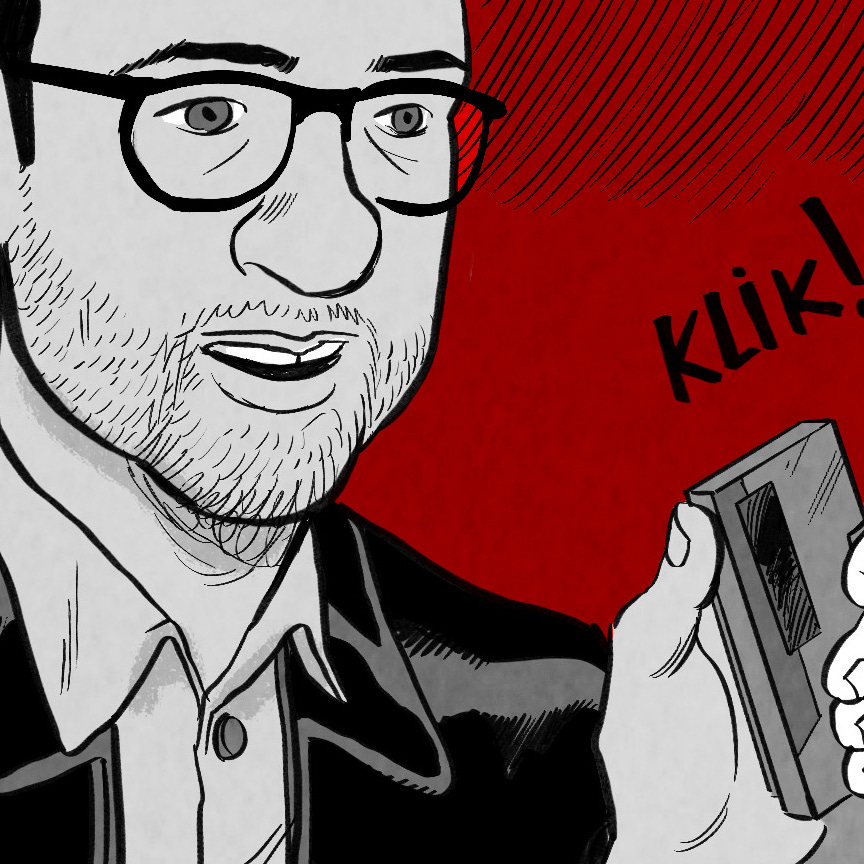I wrote this story, “The Dope King,” for the Village Voice, March 2000. Dope Wars was huge in the early online underground. If Quake was metal, Dope Wars was punk.
Ian Wall is dope. He’s so dope, he’s the dope king, ensconced in his Queens apartment, cooking up new ways for international cartels to unload Ecstasy, smack, and shrooms. Fortunately for Wall, the illicitness is taking place online, where nearly a half million gamers have downloaded his hometown drug dealing simulation, Dope Wars, making it one the top ten most popular shareware titles along with Pac-Man and Quake.
Since it was first developed for DOS systems in the mid 1980’s, Dope Wars has become the underground’s answer to Solitaire – quick to install, easy to play, and, thus, tailor made for incessant work day lulls. Now Wall, who resurrected the low tech, high satire game on a lark for Windows last year, is trying to keep up with subsequent demand, putting the finishing touches on a souped-up Version 2.0, expected to hit the wires this month. “I had no idea so many people were addicted to the game,” the 31 year old says, “I guess it’s kind of like Tetris.” On speed.
Because there are no fat graphics to weigh down Dope Wars, the game is indeed fast, fast, fast. You might say it’s a bit of aesthetic genius: all the action takes place via a nifty little text panel that’s about as complicated as your desktop calculator. Players start out with $2,000 and 31 days to make as much money buying and selling drugs as they can. To do this, they click on buttons which represent subway rides to neighborhoods including the Bronx, Coney Island, and Central Park. Every hood has its own market prices, which fluctuate according to police busts and plain old serendipity (“Colombian freighter dusted the Coast Guard!”, reads one bulletin, “Weed prices have bottomed out!”).
The quick pace and dark humor of the original Dope Wars made Wall an instant fan after a friend emailed him the DOS version a couple years ago. Wall, a computer programmer and juggler who moved to New York from England, was so smitten by the game that he decided to take it to the masses who use Windows.
To pump up the competition, he added a makeshift multiplayer application, which allows dealers from around the world to post their scores in a table online. Wall also made a site for the game last March (www.beermatsoftware.com/dopewars), and was lucky enough to find a sympathetic geek at Downloads.com - a popular, through generally conservative shareware site - who agreed to carry Dope Wars. “Fortunately, he was a fan of the original game,” Wall says, “so he was quite receptive.”
With the Windows facelift, the game took off, even getting the ultimate props: a denouncement by a politician (in this case, Kansas Senator Sam Brownback who dissed the game in December). Undaunted, addicts around the world populate the Dealers Den. Two transcontinental twentysomething friends, Olivier “Ozh” Richard and Axel “Ax” Estable created a fan haven (www.frenchfragfactory.net/dopewars). “It's a great feeling when you just bought at rock-bottom price and sell when the cops make a bust and the prices are outrageous!” Estable enthuses, “It feels like a stock market. Except there is no risk.” Rich Galichon, a 31 year old computer consultant from New York puts it more succinctly: “it’s a quick diversion.”
Diversionary low tech computer games like Dope Wars, it seems, are all the rage these days. According to report issued last month by Media Metrix, a technology research firm, 36.5 million people in the U.S. played Solitaire and other quick n’ easy Windows-bundled titles. Anya Sakarow, an analyst with Jupiter Communications in New York, estimates that nearly 80% of all online games are so-called parlor games like bridge, Minesweeper, and black sheep like Dope Wars. “The growth in online game play will be dedicated to the casual player,” she says.
For the upcoming version of Dope Wars, Wall’s promising to add jazzy skins for the on-screen interface, plus he’s tweaking existing glitches so dealers can’t cheat. And how does the original DOS developer of Dope Wars feel about Wall’s piggybacked success? The elusive programmer has sent Wall a few congratulatory emails, but wishes to remain anonymous. “He’s a respectable computer programmer,” Walls says, “he doesn’t want to be know for creating drug dealing programs on the side.”
To read more of my feature stories, as well as posts from my longform project, Masters of Disruption: How the Gamer Generation Built the Future, please subscribe below. Thanks!



